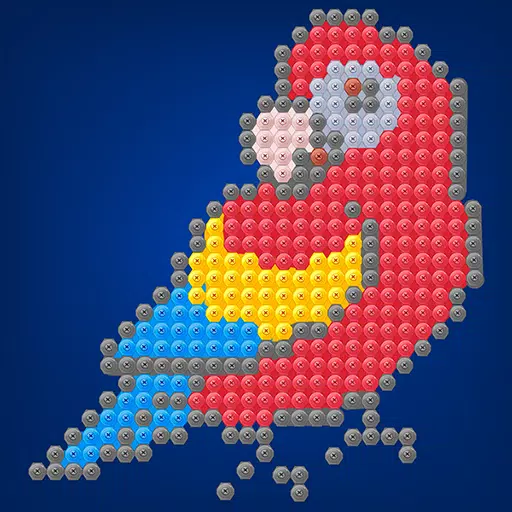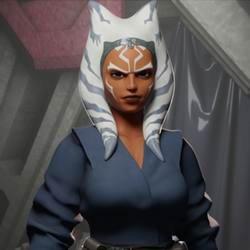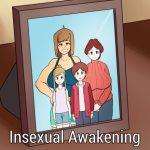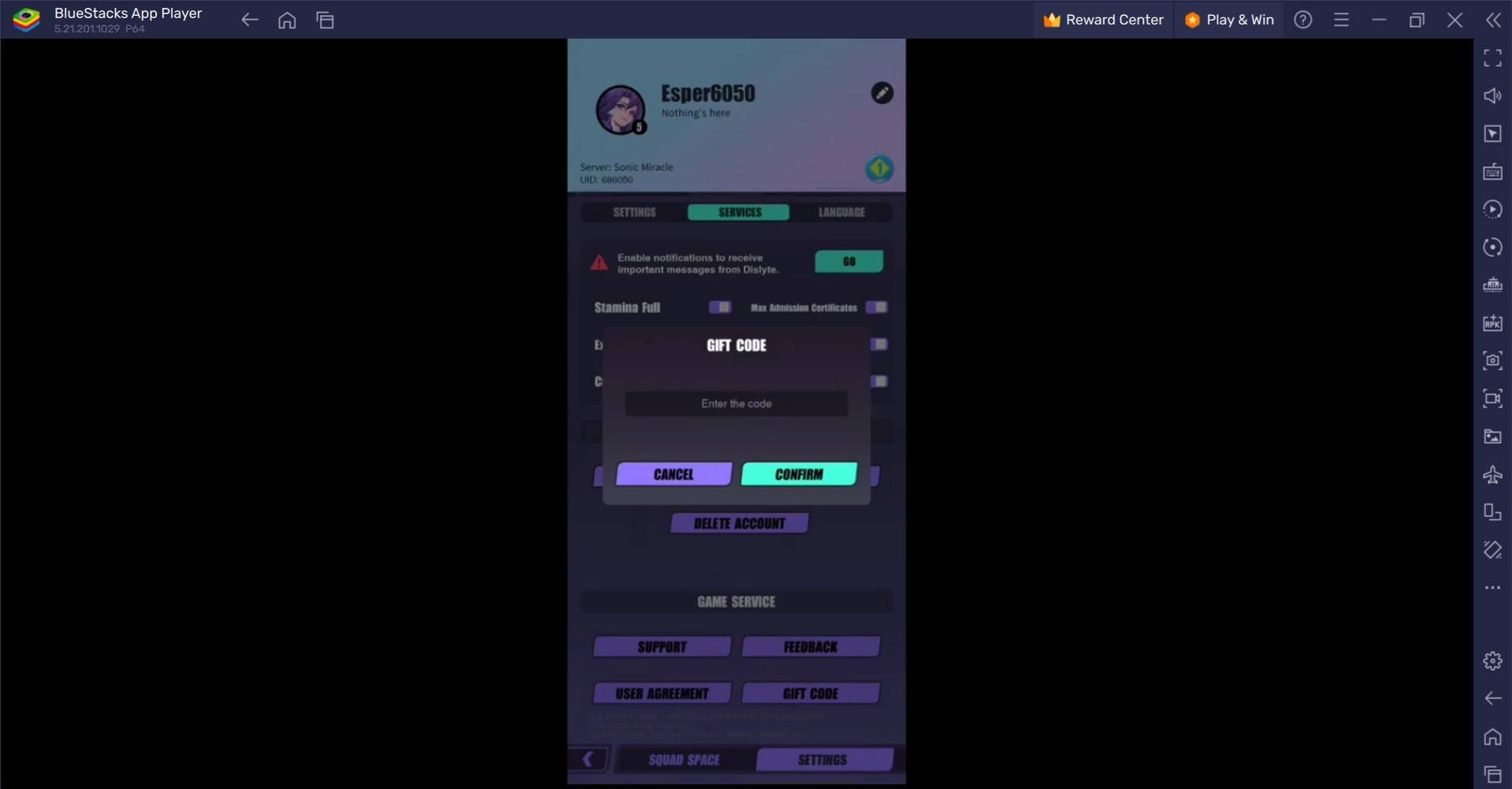At the Game Developers Conference (GDC) last month, we sat down for an extended conversation with John "Bucky" Buckley, the communications director and publishing manager for Palworld developer Pocketpair. Following his talk at the conference, 'Community Management Summit: A Palworld Roller Coaster: Surviving the Drop,' Buckley candidly discussed several challenges faced by Palworld, including accusations of using generative AI and stealing Pokémon models, which Pocketpair has thoroughly debunked. Buckley also touched on Nintendo's patent infringement lawsuit against the studio, describing it as a "shock" that was unforeseen by the team.
We've already published shorter pieces on some highlights from our conversation with Buckley, but due to the depth of his insights on Pocketpair's community struggles and triumphs, we've decided to share the full extended interview here. For those interested in more digestible snippets, you can find links to Buckley's comments on the possibility of Palworld coming to the Nintendo Switch 2, the studio's reaction to being labeled "Pokémon with guns," and whether Pocketpair would consider being acquired.
This interview has been lightly edited for clarity.
IGN: Let's start with the elephant in the room—the lawsuit. You mentioned it briefly in your GDC talk. Has it impacted Pocketpair's ability to update and move forward with the game?
John Buckley: No, it hasn't made it harder to update the game or move forward. It's more of a constant presence in our minds, affecting morale rather than development. Of course, there are legal fees, but those are handled at the top levels of the company. It's the emotional toll that's felt by everyone.
IGN: You seemed to dislike the 'Pokémon with guns' moniker. Why is that?
Buckley: It's not that we dislike it, but it's not what we set out to create. Our goal was to build something more akin to ARK: Survival Evolved, with added automation and unique creature personalities. The 'Pokémon with guns' label emerged after our first trailer, and while it's catchy, it oversimplifies what Palworld is about.
IGN: You mentioned not understanding why Palworld took off so significantly. Do you think the 'Pokémon with guns' label played a role?
Buckley: It definitely contributed to the hype. However, it frustrates us when people assume that's all the game is without experiencing it. We'd prefer if people gave it a chance before labeling it.
IGN: How would you have described Palworld?
Buckley: Perhaps something like, 'Palworld: It's kind of like ARK if ARK met Factorio and Happy Tree Friends.' It's not as catchy, but it better reflects our vision.
IGN: You also addressed the criticism that Palworld uses AI-generated art. How did this affect the team?
Buckley: It was incredibly damaging, especially for our artists. False accusations like these are hard to refute, especially when our team prefers to stay out of the public eye. We released an art book to counter these claims, but the impact was less than we hoped.
IGN: The industry is grappling with generative AI. How do you respond to those who claim to spot AI in your work?
Buckley: Much of the criticism stems from misunderstandings, like our CEO's reaction to an early AI article. Additionally, a party game we developed, AI: Art Imposter, was misconstrued as an endorsement of AI art. These misconceptions are frustrating, but we continue to focus on our work.
IGN: What's your take on the state of online gaming communities and the role of social media?
Buckley: Social media is crucial for us, especially in the Asian market. However, online communities can be intense, with emotional reactions sometimes leading to harassment. We understand the frustration when bugs occur, but the death threats are unnecessary and hurtful, especially since we're working tirelessly to improve the game.
IGN: Do you feel social media has become more negative?
Buckley: There's a trend where some accounts deliberately take opposing views for attention. Luckily, Palworld has largely avoided political and social controversies, mostly receiving feedback on game issues.
IGN: You mentioned the heat came mostly from the Western audience. Why do you think that is?
Buckley: We're not sure, but in Japan, opinions are split about us. We aim for the overseas market with a Japanese flair, which might be divisive. The intense reactions, including death threats, were predominantly in English.
Palworld Screens
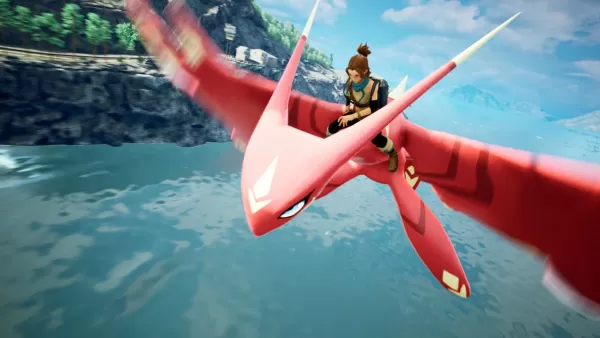
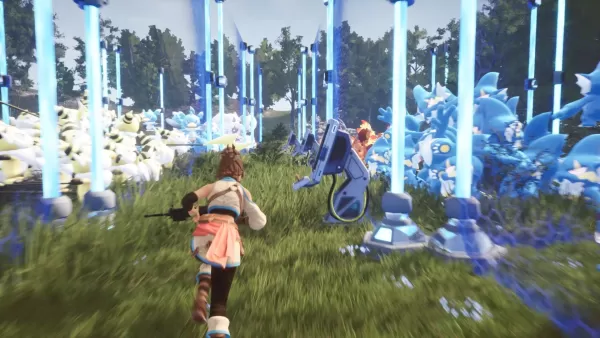
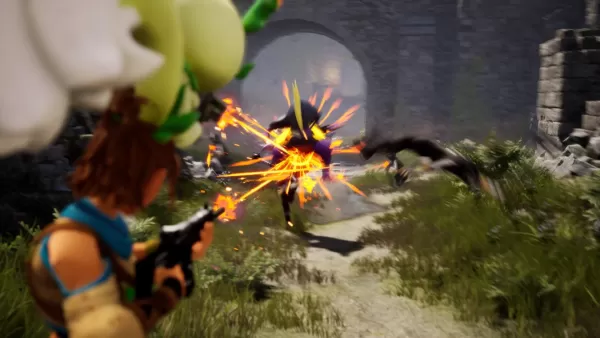
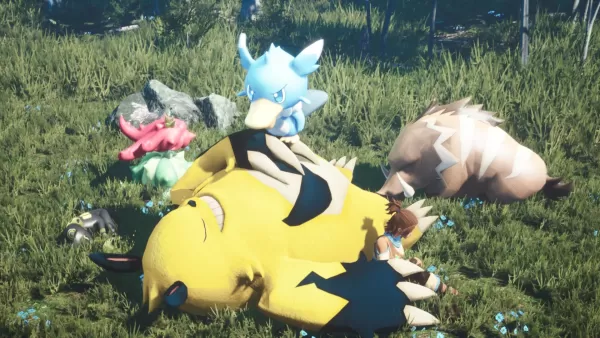
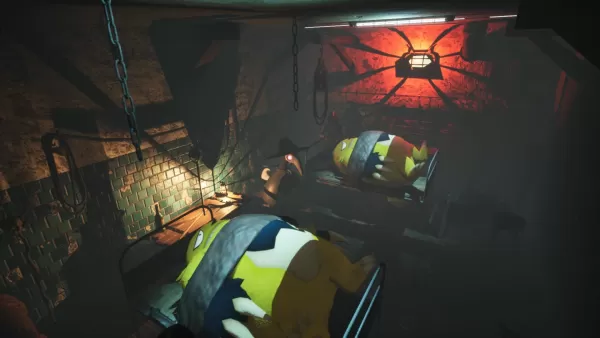
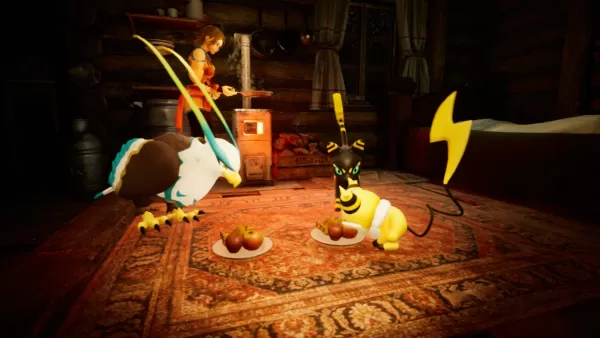
IGN: Palworld's success was unexpected. Has it changed how Pocketpair operates?
Buckley: It's changed our future plans, but not the studio's core operations. We've expanded our server and development teams to speed up development, but our company culture remains the same. Our CEO wants to keep the team relatively small, despite the growth.
IGN: Will you support Palworld for a long time?
Buckley: Absolutely, Palworld is here to stay, though we're not sure in what form. We're also continuing work on other projects like Craftopia and supporting individual initiatives within the company.
IGN: There's a misconception about a partnership with Sony. Can you clarify?
Buckley: We're not owned by Sony. That partnership is often misunderstood. Our CEO would never allow the company to be acquired; he values independence.
IGN: Do you see Pokémon as a competitor, especially with their frequent releases?
Buckley: Not really. The audiences and systems are quite different. We focus more on survival games like Nightingale and Enshrouded. The competition in games is often manufactured, and we're more concerned with timing our releases.
IGN: Would you consider releasing Palworld on the Nintendo Switch?
Buckley: We would if the game could run on it, but it's a demanding game. For the Switch 2, we'll have to see the specs first. We've optimized for the Steam Deck and would love to expand to more handhelds if feasible.
IGN: You feel Palworld is misunderstood by those who haven't played it. What's your message to them?
Buckley: I think many people only know Palworld through the drama and headlines. If they played it for even an hour, they'd see it's not what they imagine. We're considering a demo to help people experience it firsthand. We're not the 'seedy and scummy' company some portray us to be; we're just a dedicated team trying to protect our developers.
IGN: Last year was a big year for games. How do you reflect on it?
Buckley: 2024 was an extraordinary year with games like Black Myth: Wukong, Helldivers 2, and Palworld achieving unprecedented success. The emotions were high, and it was a whirlwind for everyone involved.
 Home
Home  Navigation
Navigation






 Latest Articles
Latest Articles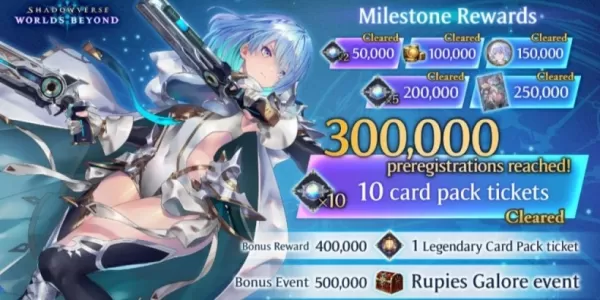









 Latest Games
Latest Games



